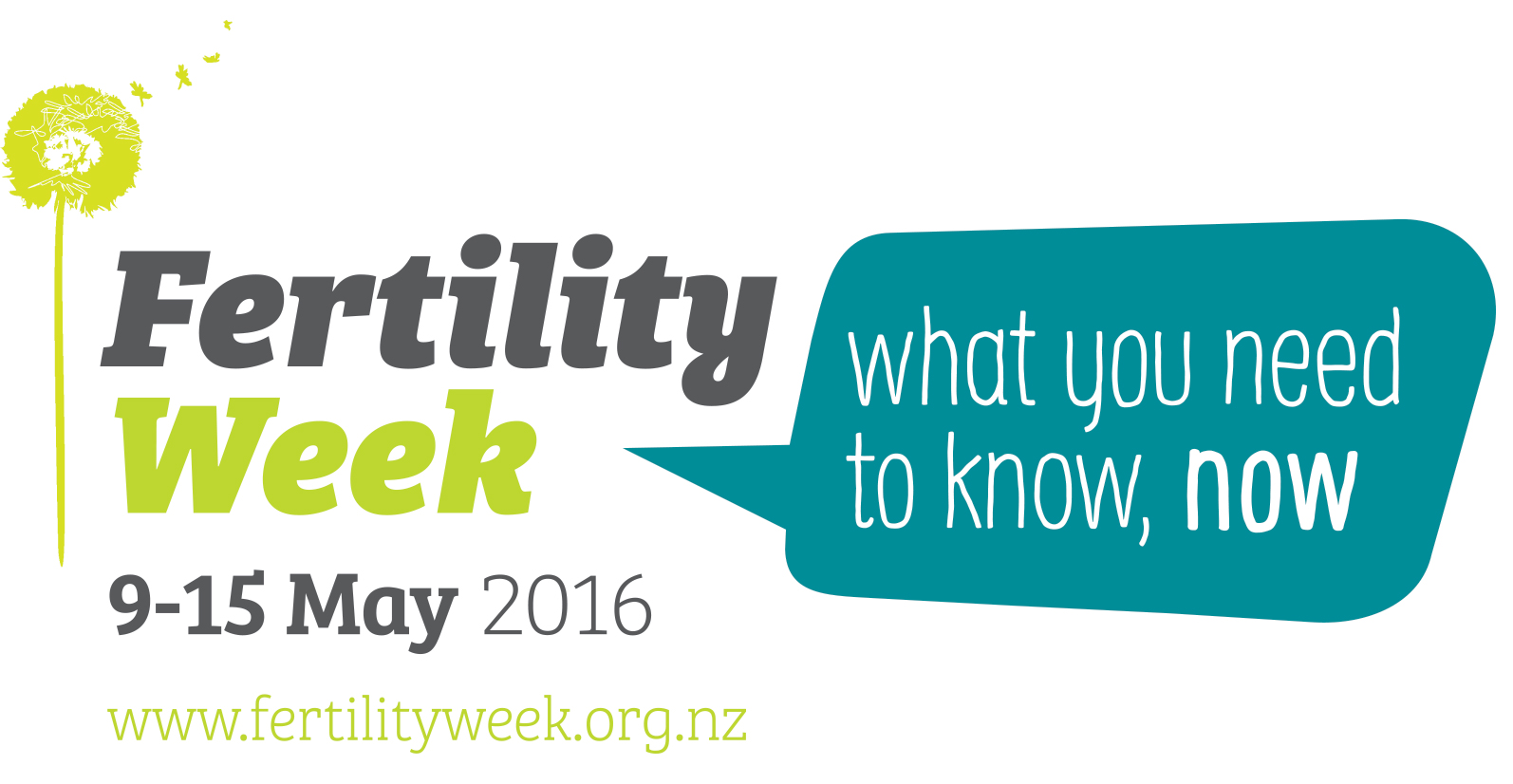
May 9th to 15th 2016
Join us for fertility discussions, advice & support
Webinar - Age and Fertility
Know your mother’s age at menopause, or have an AMH test
Mother’s age at menopause can help improve the prediction of your likely age at menopause. If your mother was younger than 50 at menopause, you may be advised to take an AMH test or consider trying to conceive earlier. Note that egg quality declines significantly in the 10-20 years prior to menopause – menstruation does not mean that you are likely to become pregnant. Fertility virtually stops 5-7 years before menopause.
An AMH test is a measure of your ovarian reserve (how many eggs you have left). Although it is not a firm predictor of when you will hit menopause, or how likely you are to conceive, it gives an indication of your ovarian reserve compared with the average woman of the same age.

Age affects men’s fertility too
A man’s age is also significantly related to fertility problems. Overall, male age is associated with a decline in semen volume, sperm motility, and sperm morphology. Among studies that controlled for female age, comparisons between men under 30 and men over 50 found relative decreases in pregnancy rates between 23% and 38% (1).
Sperm motility and the number of healthy sperm might decline after age 50, affecting a man's fertility. Some research suggests that women who become pregnant by older men have a slightly higher risk of miscarriage. A father's increasing age has also been associated with a higher risk of both autism and schizophrenia in children.


